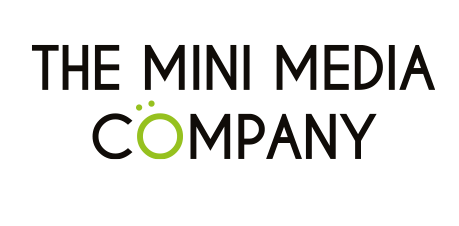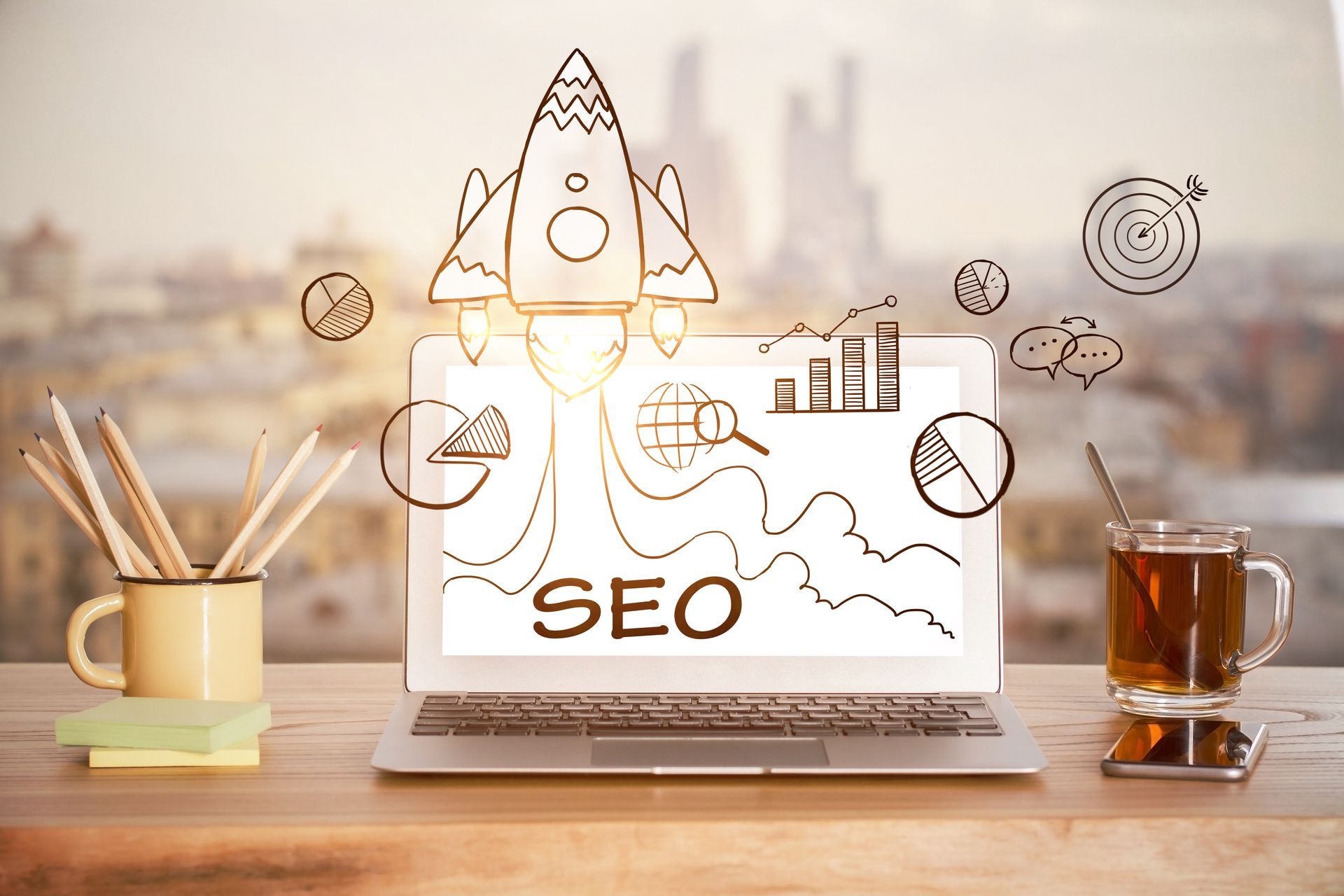Covid and its impact on your business model
The COVID-19 pandemic has caused significant disruption to businesses all over the world.
The impact of the pandemic has been felt by everyone, from employees and directors to stakeholders and customers.
As a result, many businesses have had to rethink their strategies and operations in order to survive in this new environment. In this blog, we will discuss how the pandemic has changed the behaviour of employees, directors, and stakeholders, and how it may affect your business model going forward.
Employees
One of the most significant changes in employee behaviour since the onset of the pandemic has been the adoption of remote work. Many businesses were forced to close their offices and transition to remote work as a result of lockdowns and social distancing measures. This shift has had both positive and negative effects on businesses. On the one hand, remote work has allowed businesses to continue operating and has given employees more flexibility in terms of when and where they work. On the other hand, remote work has also presented challenges, such as maintaining team cohesion and managing employee productivity.
Another change in employee behaviour has been a heightened focus on health and safety. With the risk of contracting COVID-19 still present, many employees are more concerned than ever about their health and safety in the workplace. This has resulted in businesses implementing new safety protocols and providing personal protective equipment (PPE) to any vunerable employees.
Directors
Directors have also had to adapt to the new reality brought about by the pandemic. One of the most significant changes has been a shift in focus towards digital transformation. The pandemic has highlighted the importance of having robust digital infrastructure and capabilities, and businesses that were already on this path have been better able to weather the storm.
Another change has been a greater emphasis on resilience and risk management. The pandemic has demonstrated just how quickly things can change and how important it is to have plans in place to deal with unexpected events. As a result, directors are likely to place greater importance on risk management and contingency planning in the future.
Stakeholders
Finally, the pandemic has also had an impact on stakeholders, such as customers, suppliers, and investors. Customers have become more cautious about spending, and businesses that are seen as not taking appropriate health and safety measures may face reputational damage to the brand.
Suppliers have also been affected, with disruptions to supply chains causing delays and shortages. Investors have been more cautious about investing in businesses that are deemed to be at higher risk of being negatively affected by the pandemic.
Impact on Business Models
The changes in behaviour described above are likely to have a significant impact on business models going forward. Remote work is likely to become more prevalent, which may lead to a reduction in office space and a greater reliance on digital tools and platforms. Businesses will need to continue to prioritise health and safety, both to protect employees and to maintain customer trust. Digital transformation will become even more important, as businesses seek to build resilience and adaptability into their operations.
Maintain Communication at all levels
In this new way of working, communication and meetings have become more important than ever. The pandemic has forced businesses to shift to remote work and adopt new technologies, which has made communication more challenging. However, effective communication and regular meetings can help to overcome these challenges and ensure that everyone is on the same page.
Regular meetings can help to keep employees engaged and motivated, and can provide an opportunity for managers to check in with their teams and provide support and guidance. Meetings can also help to ensure that everyone is aware of the latest developments and changes, and can provide a forum for employees to ask questions and provide feedback.
Effective communication is also critical in this new way of working. With employees working remotely and teams spread out across different locations, it is important to establish clear channels of communication and to ensure that everyone has the information they need to do their jobs effectively. This may involve using video conferencing tools, instant messaging, and other digital communication tools to keep everyone connected.
Overall, communication and meetings are essential for businesses that want to succeed in this new way of working. By prioritizing effective communication and regular meetings, businesses can ensure that their employees are engaged, motivated, and connected, and can navigate ongoing uncertainty and change with confidence.
Risk Management
Finally, risk management and contingency planning will be a key focus for directors, as they seek to prepare for future disruptions.
In conclusion, the COVID-19 pandemic has had a profound impact on businesses, their employees, directors, and stakeholders. The changes in behaviour that have resulted from the pandemic are likely to have a lasting impact on business models, as businesses seek to adapt and build resilience in the face of ongoing uncertainty. It is clear that the pandemic has brought about a new normal, and businesses that are able to adapt to this new reality will be the ones that thrive in the years to come.
If your business has gone through a transition and you are looking at your digital approach, feel free to contact us for a Free Consultation

















